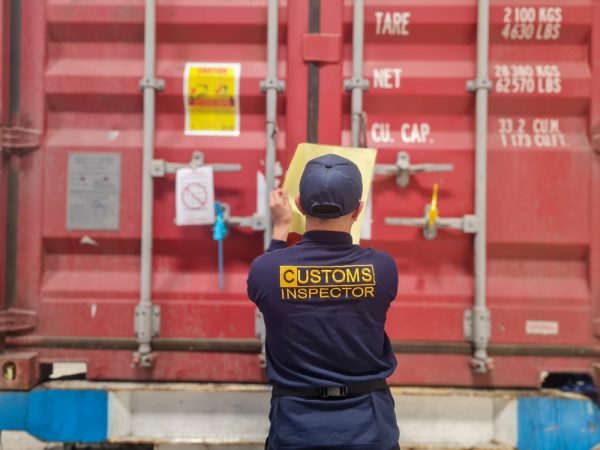Ensuring accurate and compliant freight invoice auditing is essential for companies engaged in international trade. But the growing complexity of regulations across different regions can pose significant challenges. Understanding these nuances — from varying tax structures to intricate customs clearance procedures — is crucial for businesses to navigate the international landscape and optimize their auditing practices.

Regional differences in taxation
International trade is a patchwork of tax regulations. Value-added tax (VAT) rates and exemptions can vary considerably between regions. This complexity extends beyond VAT, with additional taxes like duties, surcharges, and excise taxes further influencing freight costs.
For accurate invoice auditing, auditors must be aware of:
- VAT implications: Knowing whether VAT is included in the freight charges, the applicable rate based on origin and destination, and the possibility of VAT recovery or prepayment can impact invoice accuracy.
- Duty and surcharge structures: Different countries levy duties on imported goods, which can be a fixed rate or a percentage of the value. Understanding these structures will help you recognize potential discrepancies on the invoice.
- Excise taxes: Certain goods like tobacco and alcohol may be subject to excise taxes on top of other charges. Identifying these potential excise taxes allows for a thorough review of their inclusion on the invoice.

Customs clearance rules
Customs clearance is a critical step in international freight movement. Each country has its own set of regulations regarding documentation requirements for imported goods. Inaccurate or incomplete documentation can result in delays in shipment clearance, additional charges like storage fees, and potential penalties.
To enable smooth clearance and accurate invoice auditing, keep the following considerations in mind:
- Documentation requirements: Auditors should confirm the invoice references all essential documents like the commercial invoice, packing list, certificate of origin, and any required permits or licenses. Inconsistencies between these documents and the invoice can raise red flags.
- Harmonized System (HS) codes: These internationally standardized codes classify goods for customs purposes. Ensuring the correct HS code is mentioned on the invoice allows for proper duty calculation and avoids potential disputes with customs authorities.
- Free trade agreements (FTAs): Many countries have trade agreements with preferential duty rates. Auditors must be aware of any applicable FTAs and verify the correct tariff classification to guarantee the benefit of reduced duties is reflected on the invoice.
Leveraging technology for compliance
International trade regulations can be daunting to manage manually. Fortunately, technology offers powerful tools to streamline compliance processes and enhance the accuracy of freight invoice audits. Specialized software can automate tasks like data verification, tax calculation based on specific regions, and document generation to meet customs requirements.
Advanced software solutions — like those offered by nVision Global — also reduce the risk of human error and expedite the auditing process. These solutions can provide real-time updates on changing regulations so auditors remain current and compliant across different countries.
Taxes, costs, and fees to consider
Navigating the complexities of international regulations is an important part of freight invoice auditing. By staying informed about regional tax structures, customs clearance procedures, and the latest technologies, shippers can achieve accurate invoice processing while minimizing unnecessary costs and streamlining their international operations. This proactive approach can yield increased efficiency and a competitive edge in the global market.